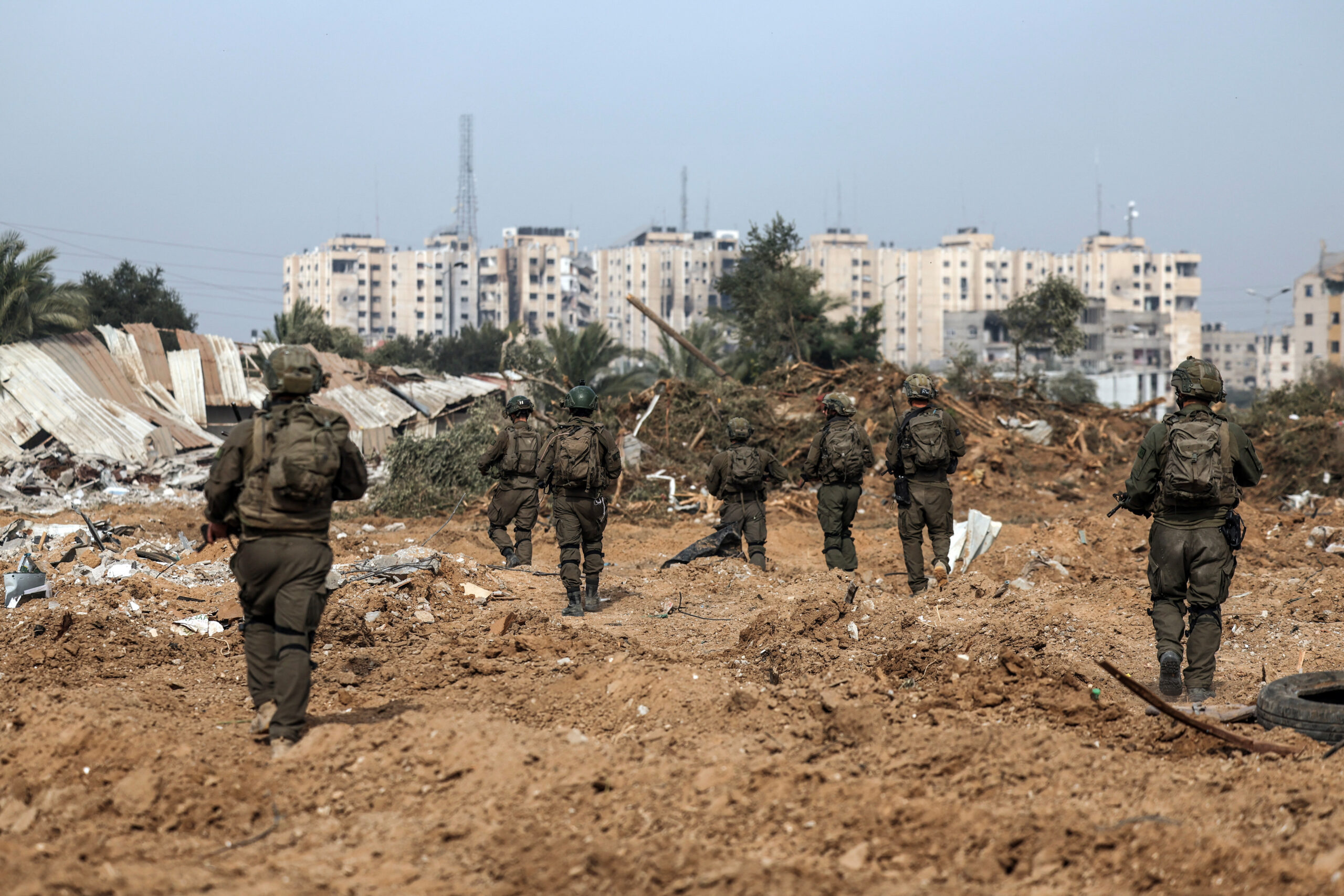AhlulBayt News Agency (ABNA): German intelligence and Zionist organizations in close coordination with the Tel Aviv regime have reportedly been recruiting refugees from war-torn countries as mercenaries for Israel.
Over the past seven months, the Values Initiative Association and the German–Israeli Association (DIG) have worked to enlist the refugees from Afghanistan, Libya, and Syria.
They are offered monthly salaries ranging from €4,000 to €5,000 and fast-tracked German citizenship. Many have joined the Israeli campaign of genocide in Gaza and the invasion of Lebanon.
Reports say virtually 4,000 refugees were naturalized between September and October alone.
Germany has proven its reflexive support for the Israeli regime.
In the wake of Operation Al-Aqsa Flood of October 7, 2023, Germany imposed further restrictions on citizenship applicants from Arab and Muslim countries.
In early November 2024, the German government introduced a law for compulsory conscription of the very Arab and Muslim applicants, claiming an intent to fill manpower shortages.
Yet, the conscription would not involve service in Germany – a stipulation that has left many of these refugees wary of who and where they could end up fighting.
Germany's policy of supporting genocide in Gaza and terror in Lebanon was expressed by Foreign Minister Annalena Baerbock during her recent visit to Lebanon.
The German government's overt backing extends beyond policy statements, driven by a desire “to make amends for its Nazi past.”
The militaristic alliance and Germany's role in gathering intelligence to counter the Lebanese resistance movement Hezbollah rocket attacks have further solidified Berlin's support for Tel Aviv.
The Ministry of Defense announced that German warships in the Mediterranean had shot down unidentified drones and provided logistical aid to the Israeli Marines in operations such as the kidnapping of a Lebanese naval captain suspected of being linked to Hezbollah.
This shift highlights a significant change in Berlin’s position – which once served as a mediator in prisoner exchange deals between Israel and Palestinian or Lebanese factions.
The developments come as cracks in the once-unshakable image of the occupation army are widening, and whether it can hold together under mounting internal and external pressures is far from guaranteed.
Last month, the Israeli outlet HaMakom reported that an increasing number of soldiers were silently refusing orders to return to the battlefield due in large part to the resistance put up by the Palestinian fighters.
The soldiers say they are depressed, unmotivated, worn out and psychologically damaged.
The military has also failed to achieve its goals in a meaningful way in southern Lebanon.
Dozens of soldiers have been killed in recent days on both battlefronts.
The treacherous northern front, especially, has become a symbol of perpetual fear for Israeli soldiers stationed there against Hezbollah.
Israel is also concealing the true numbers of its losses during its war against Lebanon and in the Gaza Strip.
The “huge shortage” of capable soldiers has forced Prime Minister Benjamin Netanyahu to explore a range of unconventional options.
Many of these options are centered around utilizing remarkable numbers of mercenaries, drawing on assistance from Western intelligence agencies, and enlisting unconventional fighters.
....................
End/ 257

